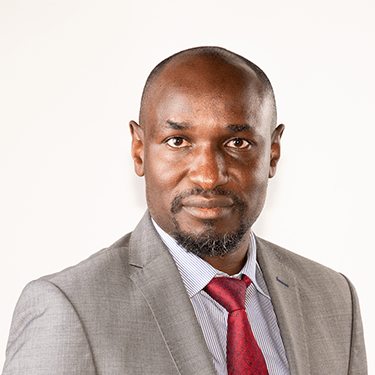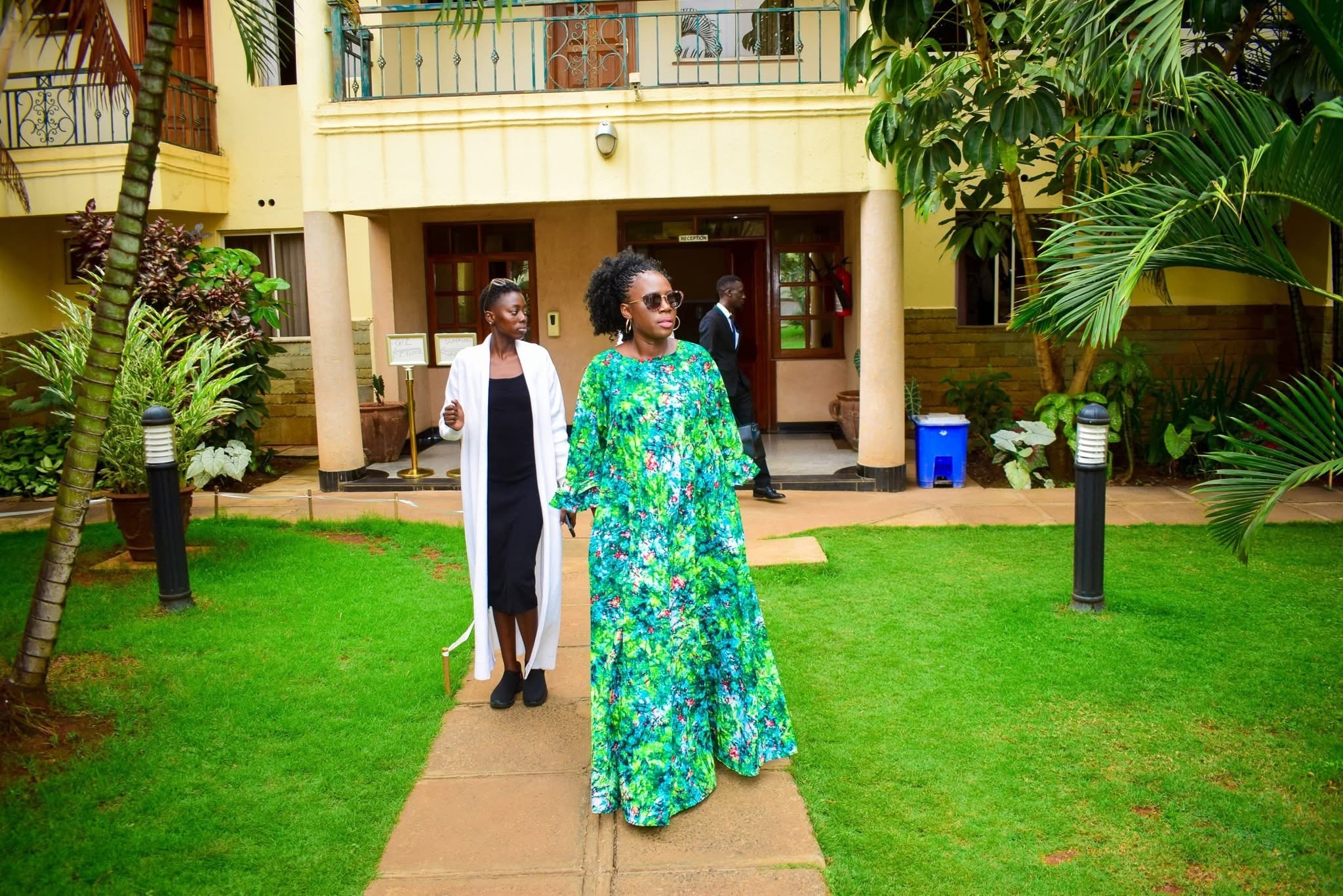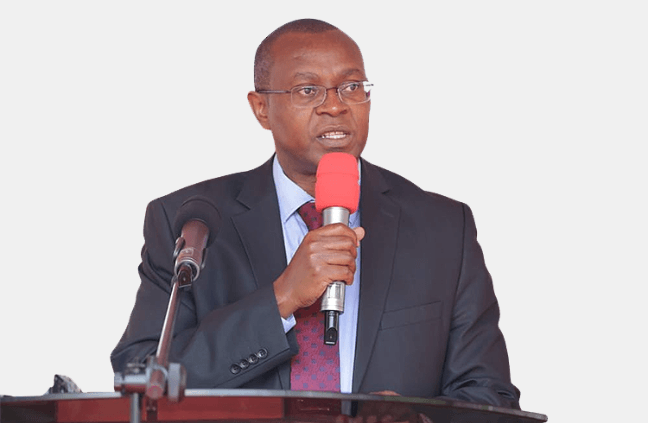

Saving can be a tough topic, especially in January, when households in Kenya are struggling with a myriad of financial obligations after a spending-free December.
However, this topic is a necessary challenge as people plan for the year ahead. Saving money is one of the essential aspects of building wealth and having a secure financial future.
Saving money gives you a way out of the uncertainties of life and provides you with an opportunity to enjoy a quality life.
Putting aside a sum of money systematically can help you navigate through many hurdles in life. It can support you in your hour of need and ensure that your family has something to fall back on in case of an unfortunate event.
Although the saving culture in Kenya has grown mildly since 2009, it took a hit with the advent of Covid-19, which squeezed earnings.
This worsened last year as the globe navigated what economic experts describe as a near financial depression.
The cost of living rose sharply, the shilling dropped to an all-time low against the dollar, and borrowing costs skyrocketed. These issues were exacerbated by global supply chain disruptions and increased geopolitical tensions.
Most of these effects have been attributed to Russia-Ukraine attacks and perennial conflict between Israel and Palestine.
The ‘2024 FinAccess Household Survey’ by the Central Bank of Kenya (CBK), the Kenya National Bureau of Statistics (KNBS), and the Financial Sector Deepening Trust Kenya highlight a significant decline in savings habits.
According to the report, out of the total households surveyed, the trend shows a 7.9 per cent dip in the savings culture of Kenyans from 2021, the previous survey period, to date. In real-figure terms, 68.1 per cent of the respondents noted having savings either in banks or in mobile money and other informal savings.
This is low compared to 74 per cent in 2021 and 69.9 per cent in 2019. It is, therefore, no wonder that Kenya trails its regional peers in saving, with the average saving rate standing at 12 per cent, far below the continent’s average of 17 per cent and the global rate of 23 per cent.
While any form of saving is encouraged, structural saving with defined goals and values is important. In this passage, I will look at the pros and cons of Fixed Deposit savings.
This is when you put a lump sum in your bank for a fixed tenure at an agreed rate of interest. At the end of the tenure, you receive the amount you have invested plus compound interest.
Fixed Deposits are also called term deposits.
The Writer is the Head of Business,
Credit Bank PLC












